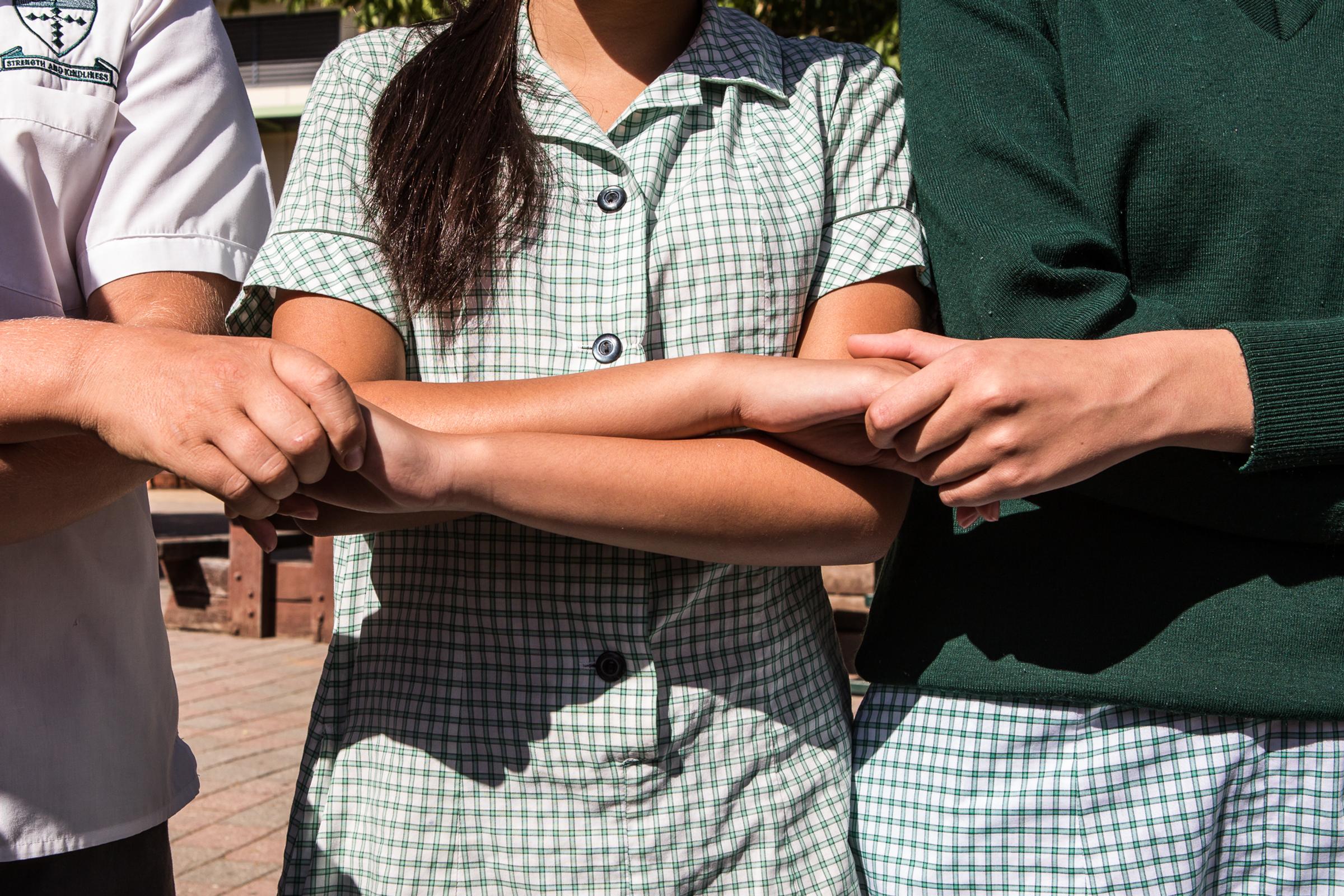Wellbeing

Friendships
In a previous newsletter article I quoted the following about friendship:
When it comes right down to it, there is no more valuable social capital than friendships. These are the relationships that can stand the test of time and distance and roll with the punches when things get a little dicey. Good friends will give you the space you need when you need it, and love you just as much when you’re down as when you’re up.
But as technology advances, the role of friendship and the way we view it has changed significantly. Technology is becoming a huge part of our lives, and Artificial Intelligence (AI) is starting to take on roles that used to be filled by people—like friends, confidants, and even partners. This growing connection between humans and AI raises big questions about friendship, the need for connection, and what might happen if we replace real human interaction with digital relationships.
Why are people looking to AI for companionship? There are many reasons, but a few stand out. First, loneliness is a big issue today, with more people feeling isolated than ever. AI companions can provide a feeling of connection for those who struggle with human relationships.
Second, AI relationships offer convenience and control. AI "friends" are available 24/7, don’t bring any personal issues, and can be turned off whenever. Finally, AI technology has advanced so much that these digital entities can seem more and more human. They can remember past conversations, show empathy, and act in ways that feel like real friendship, making them attractive as companions.
Navigating relationships with AI can be complex, as interactions often combine elements of both utility and companionship. We encourage parents and guardians to have open and honest conversations with their children about the challenges of AI relationships.
Our School TV Special Report - https://sje.vic.schooltv.me/wellbeing_news/special-report-navigating-ai-relationships-au explores the various complexities of avatars and online companion bots.
Suzanne Pola
College Leader - Student Wellbeing
